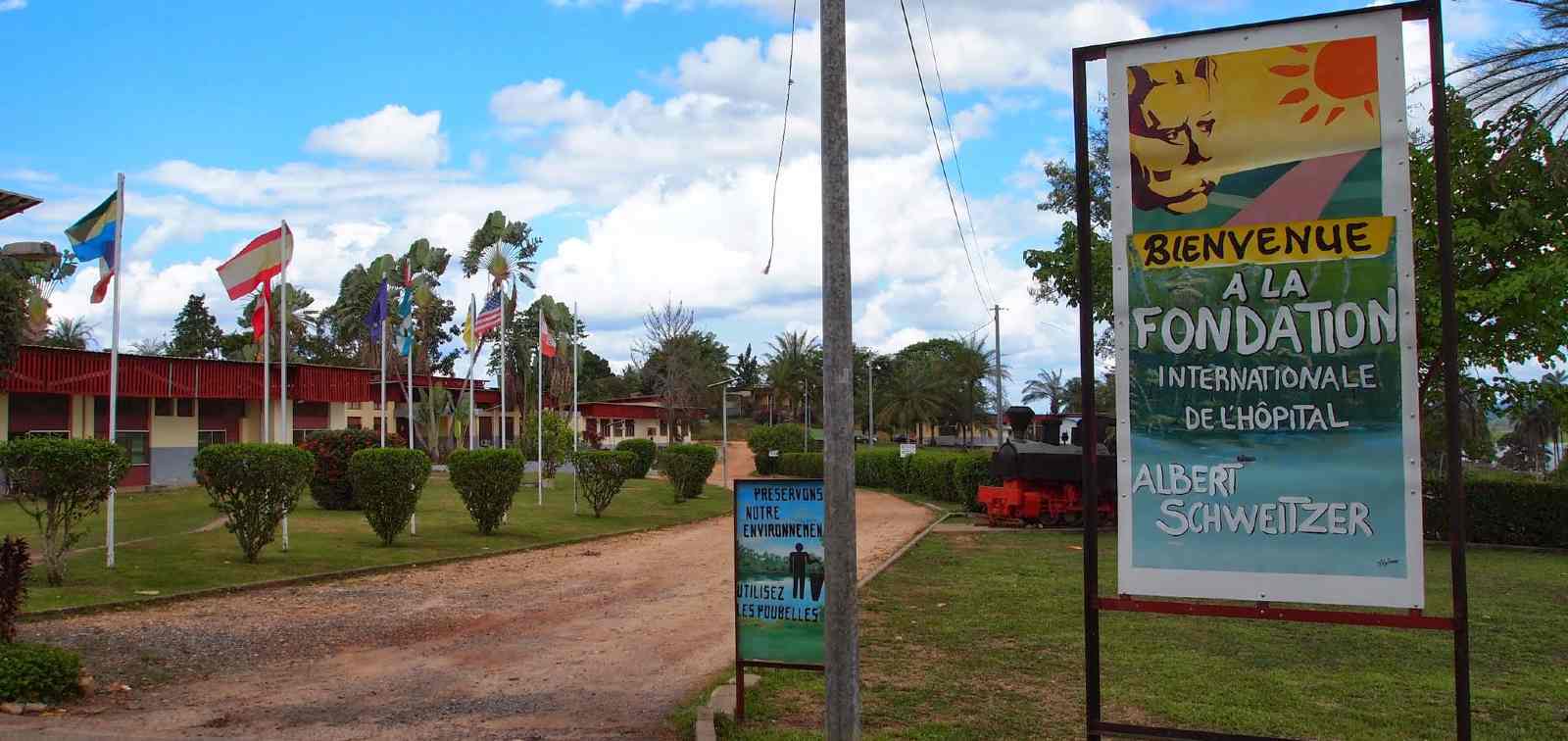Malaria Resurgence in Gabon Linked to COVID-19 Pandemic
A study on the west coast of Central Africa shows how the interruption of control programmes during the pandemic may have contributed to an increase in malaria cases
10.09.2025
The COVID-19 pandemic triggered an unprecedented global health crisis, with consequences that extended well beyond the virus itself. A study conducted in Lambaréné, Gabon, published in the International Journal of Epidemiology and led by the Barcelona Institute for Global Health (ISGlobal), a centre supported by ”la Caixa” Foundation, suggests that the pandemic may have had a significant side effect: a resurgence in malaria cases among the general population.
The SARS-CoV-2 pandemic severely disrupted health services, which in turn negatively impacted the burden of several diseases. In the case of malaria, the effects were both direct and indirect. On the one hand, overlapping symptoms between malaria and COVID-19 made differential diagnosis more difficult. Additionally, co-infections possibly resulted in higher parasite loads and more severe symptoms. Indirectly, interruptions to malaria control programmes increased exposure to infection, while delays in diagnosis and treatment led to more severe cases and higher mortality rates. Overburdened laboratories, shortages of rapid diagnostic tests, and fear of contracting COVID-19 in hospitals also made it harder to detect any increase in malaria cases, according to our co-authors from the Centre de Recherches Médicale de Lambaréné, Scherif Adegnika, Yabo Josiane Honkpehedji, Bertrand Lell, and Ayôla Akim Adegnika.
Malaria cases surged in 2021, exceeding pre-pandemic levels
“We analysed data from two referral hospitals in Lambaréné between 2018 and 2023, applying time series models to examine the progression of malaria cases before and after the onset of the pandemic,” explains Friederike Roeder, researcher at ISGlobal and first author of the study. “We used common models for time-series (ARIMA) in an interrupted time series (ITS) framework: the combination of the two approaches made our analysis innovative”, adds Iris-Lopes Rafegas, researcher at ISGlobal and co-senior leader of the study. Manuel Huth, co-author from the University of Bonn, also contributed to the methodological development.
In the early months following the outbreak, there was an initial drop in malaria diagnoses, likely linked to reduced use of health services and changes in population behaviour, such as self-medication. However, from late 2021 onwards, the data reveal a progressive and substantial increase in cases, even surpassing pre-pandemic levels.
“This resurgence is likely attributable to disruptions to key malaria control activities, such as indoor residual spraying campaigns and mosquito net distribution, as well as a possible decline in the effectiveness of existing control tools that had been distributed before the pandemic,” adds Roeder.
Several previous studies in other regions of Gabon, as well as in Zambia and The Gambia, as well as the country-level Malaria report from the WHO, also reported rises in malaria cases. However, by including information on hospital capacity as well as climatic variables, the analysis in Lambaréné helps to partially rule out that the increase in cases was solely due to factors unrelated to the pandemic, such as unusually heavy rainfall or reduced testing.
Pregnant women, protected by intermittent preventive treatment
No immediate increase in malaria cases was detected among pregnant women during the pandemic, suggesting that prevention measures — such as the administration of intermittent preventive treatment in pregnancy (IPTp) — remained a priority. However, subsequent peaks in incidence were observed, which is concerning given the high risks malaria poses to both maternal and child health.
This study is an important contribution developed within the context of the EU Horizon 2020 ORCHESTRA project. These findings align with both national and international reports that indicated a rise in malaria cases during the pandemic, while providing more detailed insight into local dynamics and the factors affecting the most vulnerable populations. “It is essential to ensure the continuity of communicable disease control programmes even in times of crisis or global health emergencies,” concludes Elisa Sicuri, head of the Global Health Economics group at ISGlobal and senior author of the study.
Referencia
Roeder F, Adegnika OS, Honkpehedji YJ, Huth M, Lell B, Adegnika AA, Lopes-Rafegas I, Sicuri E. Malaria amidst the COVID-19 pandemic in Gabon: an application of autoregressive integrated moving average (ARIMA) models within an interrupted time series (ITS) framework to hospital-based data. Int J Epidemiol. 2025 Aug 18;54(5):dyaf140. doi: 10.1093/ije/dyaf140.



